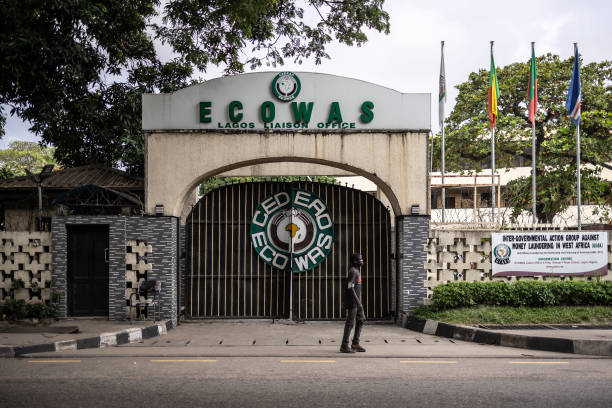
ECOWAS COURT DISMISSES SHATTA WALE’S DISCRIMINATION CASE AGAINST GHANA OVER GAMING AD GUIDELINES
By Aishat Momoh. O.
The Community Court of Justice of the Economic Community of West African States (ECOWAS) has dismissed a discrimination case filed by popular Ghanaian musician Charles Nii Armah Mensah, widely known as Shatta Wale, against the Republic of Ghana and the Ghana Gaming Commission.
Delivering judgment in Case No. ECW/CCJ/APP/25/24 on Thursday, the Court ruled that the Applicant failed to establish sufficient evidence to support claims that Ghana’s advertising restrictions on celebrities violated his right to non-discrimination under the African Charter on Human and Peoples’ Rights.
The case centered on Guideline VII of Ghana’s Advertising Guidelines, which prohibits gaming operators from engaging celebrities to endorse their products. Shatta Wale alleged that this policy led to the loss of an endorsement opportunity with an unnamed gaming company, which he argued amounted to discriminatory treatment.
However, the Court found that the musician had not identified the gaming company, provided no evidence of any communication or contract negotiations, and failed to demonstrate that other celebrities were treated differently under similar circumstances.
In its defense, the Ghanaian government maintained that the guideline applies universally and that no celebrities are permitted to endorse gaming-related products or services in the country. The government further challenged the Applicant to prove otherwise, which he failed to do.
While the Court held that it had jurisdiction and deemed the application admissible, it ultimately dismissed the case on the grounds that it lacked merit.
The judgment was rendered by a three-member panel comprising Hon. Justice Ricardo Cláudio Monteiro Gonçalves (Presiding), Hon. Justice Sengu Mohamed Koroma, and Hon. Justice Dupe Atoki (Judge Rapporteur).
The ruling marks a significant precedent in the interpretation of regional human rights obligations in the context of commercial advertising restrictions, particularly as they pertain to public figures.
